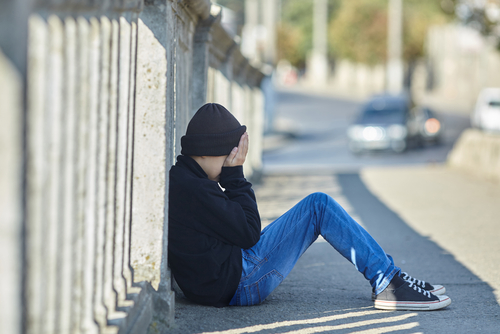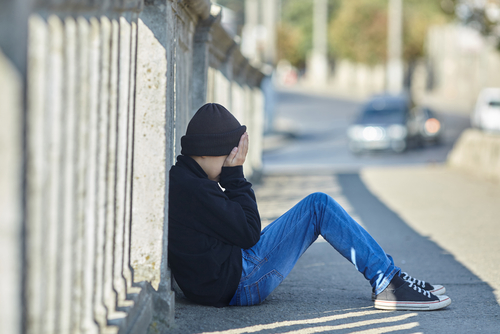Substance abuse is a challenging topic, especially when discussing whether it causes homelessness or the other way around. People experiencing homelessness are one demographic that desperately needs addiction treatment. Learn more about what options are available to support the homeless.
Homelessness and Addiction
Recent studies estimate nearly half of all homeless individuals abuse substances. This includes a higher rate of substance abuse than the rest of the general population. People who are homeless are much more likely to also suffer from mental health disorders including depression, mood disorders and schizophrenia.
Treatment Options
Options for treatment of people experiencing homelessness and substance abuse issues varies but treatment may include the following:
- Educational and vocational services to help individuals become self-sufficient after treatment
- Health services such as routine checkups and medical services
- Mental health services including addiction treatment
- Residential services and beds, giving homeless individuals a safe place to live during treatment
In spite of extra help provided to the homeless individuals addicted to drugs or alcohol, the basics of addiction treatment remain largely the same across the board.
Assessment – first step which allows doctors and treatment specialists to determine extend of homeless individual’s addiction treatment
Detox – person experiencing homelessness attempts to get rid of remaining substances in the body and mind. Usually results in uncomfortable and sometimes dangerous withdrawal symptoms. Typically done in a dedicated detox facility under medical supervision
Treatment – multi-faceted approach that requires a great deal of time and hard work to complete. Individual behavioral therapy as well as group therapy make up a large majority of the work along with medications to support issues with cravings
Social services – individuals will often have access to educational, vocational, financial and residential social services. Helps prepare the homeless individual to become self-sufficient and remain drug-free
Aftercare – last step in homeless drug addiction treatment which may include weekly outpatient counseling, group therapy and a stay in transitional living housing to help make sure the individual stays clean. Underlying mental health issues will require a mental health specialist to monitor progress and medication.
Treatment Barriers
Individuals who are homeless face many barriers to treatment. Some of the more common ones include:
- Denial
- Fear of authority
- Financial difficulty
- Lack of insurance
- Unsure of where to go
Hospitals and community clinics provide good spaces for individuals to turn to when looking for treatment. The facilities point individuals in the right direction but may also help the people figure out how to cover the cost of treatment as well. The goal is to support the whole person and make sure he or she is receiving all necessary services.
Sustain Recovery provides a unique approach to adolescent care. We offer Gender Separate Extended Care treatment for people completing a primary treatment program or need longer-term solutions. Call us to learn more about our programs.







